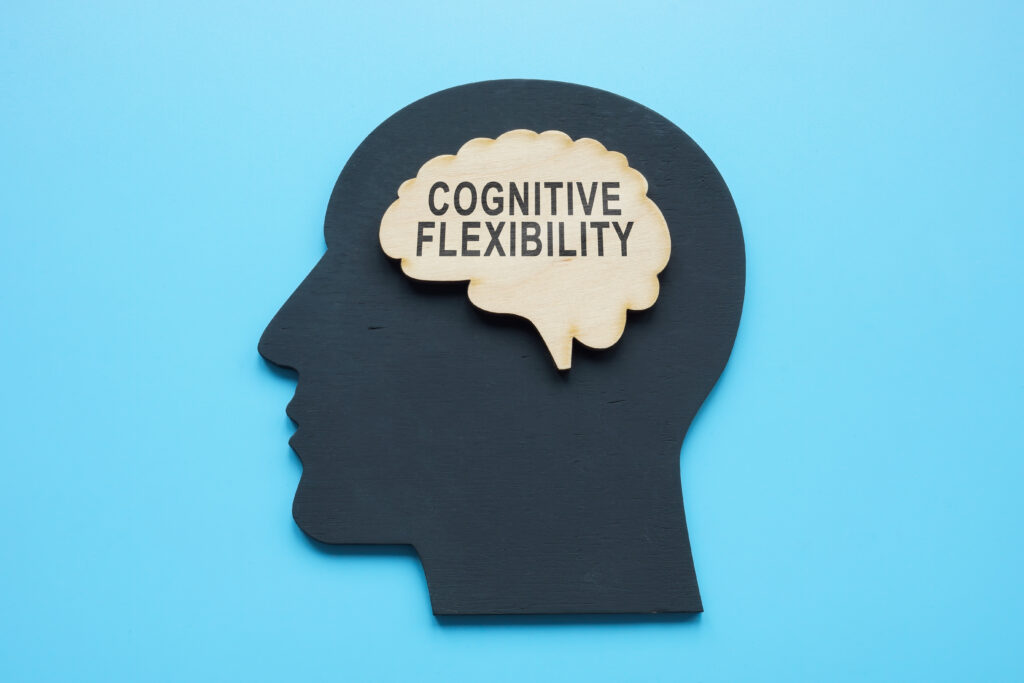Alzheimer’s disease is a progressive brain disorder that affects millions of people worldwide. It is the most common form of dementia, accounting for up to 80% of all cases. This debilitating disease slowly destroys memory, thinking skills, and eventually, the ability to carry out simple tasks. As there is currently no cure for Alzheimer’s, treatment focuses on managing the symptoms and improving the quality of life for the patients and their caregivers.
Early Detection and Diagnosis
The first step in treating Alzheimer’s disease is early detection and diagnosis. Early detection is crucial as it allows for early intervention and management of symptoms, which can significantly improve a patient’s quality of life. It also provides an opportunity for the patient and their family to plan for the future and make necessary arrangements.
A thorough medical evaluation, including physical and neurological examinations, mental status testing, and blood tests, is necessary for an accurate diagnosis. Imaging tests, such as MRI or CT scans, may also be used to rule out other possible causes of symptoms.
Medication
Currently, there is no cure for Alzheimer’s disease. However, some medications can help manage the symptoms and slow down the progression of the disease. The U.S. Food and Drug Administration (FDA) has approved several drugs for the treatment of Alzheimer’s, including cholinesterase inhibitors (donepezil, rivastigmine, and galantamine) and memantine.
These medications work by regulating neurotransmitters in the brain that are responsible for memory, thinking, and communication. While these drugs do not stop or reverse the disease, they can help improve cognitive function, behavior, and daily living activities for some time.
Therapy and Supportive Care
Along with medication, therapy and supportive care are essential components of treatment for Alzheimer’s disease. Different types of therapy, such as cognitive stimulation therapy, occupational therapy, and speech therapy, can help improve cognitive function, reduce agitation and anxiety, and enhance communication skills.
Supportive care, such as counseling and support groups, can also be beneficial for both patients and caregivers. These provide a safe space to share experiences, receive emotional support, and learn coping mechanisms. Caregivers play a crucial role in the treatment of Alzheimer’s, and they must also receive support to prevent burnout and maintain their own well-being.
Lifestyle Changes
In addition to medical treatment, lifestyle changes can also help manage the symptoms of Alzheimer’s disease. A healthy and balanced diet, regular exercise, and engaging in mentally stimulating activities can help improve brain function and slow down the progression of the disease.
A diet rich in fruits, vegetables, whole grains, and healthy fats, such as those found in fish, can help improve brain health. Regular physical activity can also help improve cognitive function, reduce stress and anxiety, and promote better sleep. Mental activities, such as puzzles, reading, or learning a new skill, can help stimulate the brain and improve memory function.
Potential Future Treatments
While there is currently no cure for Alzheimer’s disease, ongoing research has led to promising potential treatments. Some of these involve targeting specific proteins in the brain that are associated with Alzheimer’s disease, such as beta-amyloid and tau proteins. Other potential treatments include stem cell therapy and immunotherapy.
It is crucial to note that these treatments are still in the early stages of research and development and may not be available for several years. However, they provide hope for a potential cure or significant improvement in the treatment of Alzheimer’s disease in the future.
In conclusion, while there is no cure for Alzheimer’s disease at this time, proper treatment and management of symptoms can significantly improve the quality of life for patients and their caregivers. Early detection and diagnosis, medication, therapy and supportive care, lifestyle changes, and ongoing research for potential treatments are all crucial components in the best treatment approach for Alzheimer’s disease.


